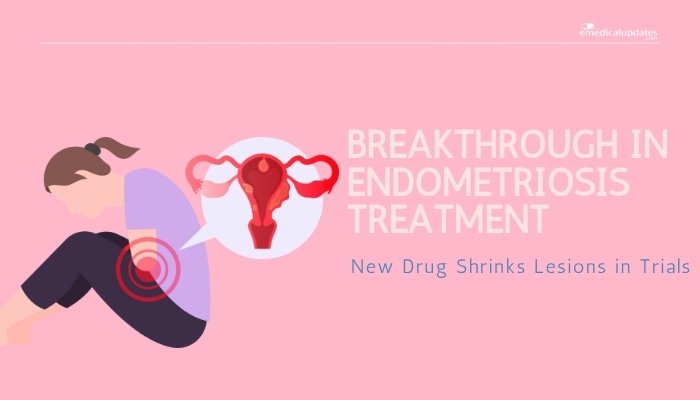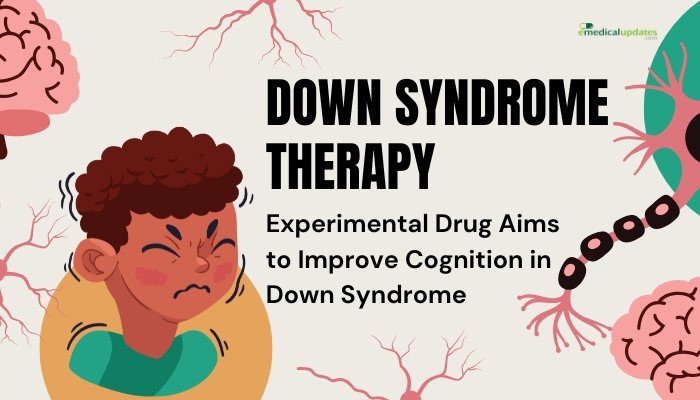Introduction
For many individuals with diabetes, insulin therapy requires daily or multiple injections, entailing careful scheduling and adherence. While these regimens help maintain glycemic control, the burden can be significant.
Now, a once-weekly insulin shot is making headlines, suggesting a simpler and potentially more convenient method of managing blood sugar. Recent clinical trial data show encouraging results for both safety and efficacy, hinting that a once-weekly injection could transform diabetes care in the near future.
Below, we explore how this next-generation insulin works, the benefits it might bring, and what remains on the path to approval.
The Burden of Current Insulin Schedules
Daily Injections
Many patients with type 1 or type 2 diabetes rely on daily basal insulin, sometimes combined with mealtime bolus injections. Although effective at controlling blood glucose, daily shots pose challenges:
- Adherence and Lifestyle Constraints: Remembering injections, dealing with injection-site rotation, and scheduling can be cumbersome.
- Need for Ongoing Monitoring: Multiple daily testing or continuous glucose monitoring is essential to avoid hypo- or hyperglycemia.
Why a Weekly Option?
A once-weekly insulin could:
- Reduce Injection Frequency: Potentially alleviating the psychological and logistical load.
- Improve Compliance: Fewer missed doses or “forgetting” to inject.
- Stable Glucose Control: Provide a consistent baseline insulin effect over an extended period, simplifying daily management.
The Once-Weekly Insulin Candidate
Design and Mechanism
Developers engineered an ultra-long-acting basal insulin that remains in the body’s circulation and active for roughly a week. Proprietary modifications to the insulin molecule slow its absorption and degradation, maintaining steady insulin levels without the peaks and troughs typical of daily solutions.
Clinical Development
Major insulin manufacturers have advanced these candidates into Phase II/III clinical trials, enrolling adults with type 2 diabetes (and some with type 1) to assess:
- Glucose Control Over Time: Measuring A1C changes, fasting plasma glucose, and incidence of hypoglycemia.
- Safety Profile: Checking for injection-site reactions, antibody formation, or severe glycemic events.
Positive Trial Outcomes
Efficacy
Early data from these trials highlight:
- Similar or Improved A1C Reductions: Once-weekly insulin matched or outperformed daily long-acting insulins in controlling average blood glucose.
- Stable Fasting Glucose: Patients experienced consistent overnight control, crucial in preventing morning hyperglycemia.
Safety and Tolerability
- Hypoglycemia Rates: Generally comparable to existing basal insulins, with no major spike in severe lows.
- User Satisfaction: Surveys suggest patients appreciate the simpler regimen, though some still prefer daily adjustments for fine-tuned control.
Potential Benefits
- Reduced Injection Burden: Going from seven shots a week to just one.
- Improved Adherence: Possibly fewer missed doses, leading to steadier blood sugar management.
- Greater Freedom: Travel or busy work schedules become easier with less daily scheduling.
Remaining Challenges
Dose Adjustments and Flexibility
Patients accustomed to adjusting daily basal insulin might find it trickier to make quick changes with a weekly dose. Fine-tuning might require more robust short-acting insulin adjustments or a slow approach.
Cost and Coverage
Novel therapies often debut with high price tags. Insurance coverage or out-of-pocket expenses will shape real-world adoption and accessibility.
Clinical Nuances
Not all patients respond the same. Factors such as body weight, comorbidities, or insulin resistance can alter insulin needs. More large-scale trials in diverse populations are crucial to finalizing usage guidelines.
Future Outlook
Regulatory Approval
Pending successful Phase III trial data, regulatory agencies like the FDA and EMA may review for market authorization. This once-weekly insulin could be commercialized within the next few years, assuming robust evidence of safety and efficacy.
Combining with Other Innovations
Advances like smart insulin pens, continuous glucose monitoring, and AI-driven dosing suggestions might integrate well with once-weekly insulin. This synergy might enhance precision and confidence in dosing, bridging the gap between less frequent shots and tight glucose control.
Frequently Asked Questions
- How does once-weekly insulin compare to daily basal insulin in controlling spikes?
- Early trials suggest equivalent or better average glucose control, though precise postprandial spikes might still require rapid-acting insulin adjustments.
- Could it replace all other insulin needs?
- Not entirely. People with type 1 diabetes or some type 2 scenarios might still need mealtime insulin for post-meal coverage.
- Is there a higher risk of hypoglycemia?
- Studies so far indicate rates are on par with daily basal analogs. Individual experiences vary, so monitoring is essential.
- When will it be available?
- If trials continue to show success, it could hit the market within a couple of years in some countries, pending approvals.
- Will dosage changes be more difficult with a weekly regimen?
- Some aspects—like swift adjustments—could be trickier. Patients may rely on short-acting insulin or require a gradual titration approach.
Conclusion
The arrival of a once-weekly insulin option holds promise for patients seeking a more convenient, user-friendly approach to diabetes management. While daily injections remain the standard for many, especially those requiring frequent dose fine-tuning, clinical trials show that a weekly therapy can achieve effective glycemic control with a lighter injection burden. As large-scale studies confirm safety, efficacy, and cost-effectiveness, healthcare professionals may soon incorporate once-weekly insulin into standard diabetes care—offering a potential game-changer in improving adherence, simplifying routines, and enhancing overall quality of life for millions managing diabetes.
References
-
Zinman B, et al. (2023). “Phase IIb trial of once-weekly basal insulin analog in type 2 diabetes.” Diabetes Care.
-
Davies M, et al. (2022). “Innovations in basal insulin therapy: weekly dosing.” Lancet Diabetes Endocrinol.
-
American Diabetes Association (2023). “Emerging therapies for glycemic control: a summary.”
-
Garber AJ, et al. (2021). “Clinical considerations for once-weekly insulin in type 2 diabetes.” Endocr Pract.







